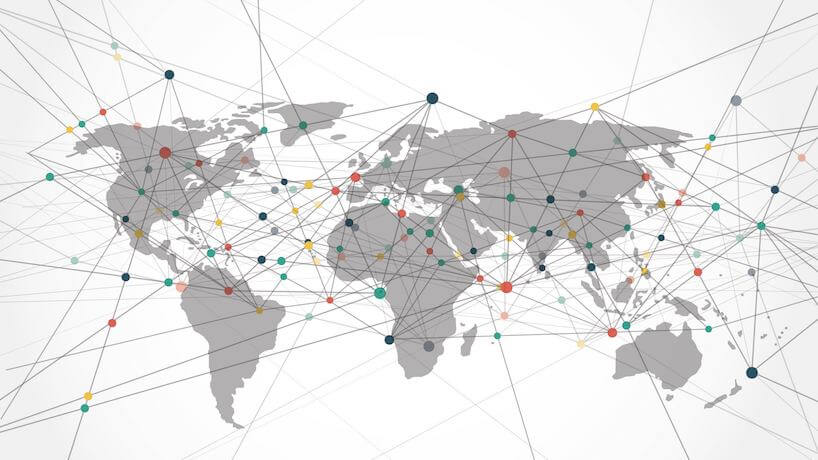Trendspotter
Safety and security have always been a top priority for meeting and event planners, but in a year characterised by geopolitical chaos, such concerns now dominate discussions.
Following major political shifts such as Brexit and Trump’s “America First” policy — coupled with instability in the Philippines and the lingering nuclear threat from North Korea — crisis management is now at the forefront of event planning. But the long-term implications remain unclear.
Selina Chavry, global managing director at Pacific World, believes geopolitical challenges are changing the way meetings and incentive programmes are conceived and planned.
“If we’ve learned anything from the recent political, economic, and terrorism-related incidents, it is that it’s impossible to predict the future, so we continue to expect the unexpected,” Chavry said. “Planning for the worst is a must nowadays. As a result, we’ve seen a trend towards companies planning a series of smaller incentives, instead of one mega trip, in order to minimise the impact of potential issues or last-minute changes.”
Chavry said that many emerging and second-tier destinations across Asia might actually benefit from this trend.
“One of the characteristics of this new climate is that destinations that might not be considered today, can be considered a few months [later],”she said. “Today’s reduced travel budgets and cancelled meetings are tomorrow’s pent up demand — if demand drops in one market and moves to another, we know that that drop in demand will come back in future.”
Nevertheless, Chavry stressed that renewed “duty of care” concerns have changed the way business is conducted.
“Compliance and risk-management plans are now key in order to confirm international business,” she said, “especially when working with long-haul incentive programmes. Understanding specific cultural codes is a must — and this extends to varied concepts of being or feeling safe.
“This year, for example, we’ve seen a big gap in requests for South Korea, specially from the U.S. market. However, the 2019 Pyeongchang Winter Olympics is helping to recuperate some lost business.”
She added: “Geopolitical issues have also changed the way suppliers and agencies operate. Now we all have to be more flexible, and open to working with different players to win and keep business in a particular destination.”
Meanwhile, Oscar Cerezales, chief operating officer of MCI Asia Pacific, believes there are larger market forces at play.
“Indeed we live in a VUCA (volatility, uncertainty, complexity, and ambiguity) world. But this is nothing new,” he said. “We have been living in a VUCA world for decades or centuries.”
Instead of fixating on media-grabbing geopolitical issues, Cerezales said that event professionals should conduct market assessments using data.
“According to MCI’s internal data across 21 different offices in Asia Pacific, segments like incentives or SMM are shifting, but remain stable as demand and size is +/-10 per cent overall. Corporate events such as product launches, conventions, and roadshows are increasing by an average of 10 per cent year-on-year. Association meetings are also quite stable and destinations with the right combination of board members, funding, and infrastructure keep winning.”
According to Cerezales, the pull of Asia’s growing economies — where destinations like the Philippines, Indonesia, and China have a burgeoning middle class — is too great for corporations to ignore.
“Our region is stable, with an average 5.4 per cent growth rate from 2016 to 2018,” according to the International Monetary Fund, he said. “Looking ahead, Asia Pacific will account for 60 per cent of worldwide middle-class consumer spending in 2030, so the opportunities for B2C events are huge.”
The number of APAC board members for conferences, Cerezales said, has increased by more than 15 per cent from 2012 to 2017. “The region is also ranked number one in terms of year-on-year increases in global sponsorship spending — this opens up incredible opportunities for all kind of events, especially sport events.”
Despite geopolitical instability, hotel and venue infrastructure is booming across the APAC region. And that’s yet another reason, Cerezales said, the meetings and events industry will continue to thrive.
“The hotel pipeline in APAC ranks as number one, and according to UNWTO data, China’s hotel market is expected to overtake the U.S. in seven years,” he said. “We can expect more offline and online infrastructure to support meetings. This means more hotels, smart convention centres, better airports, and an improved digital quotient for more destinations across APAC.”

